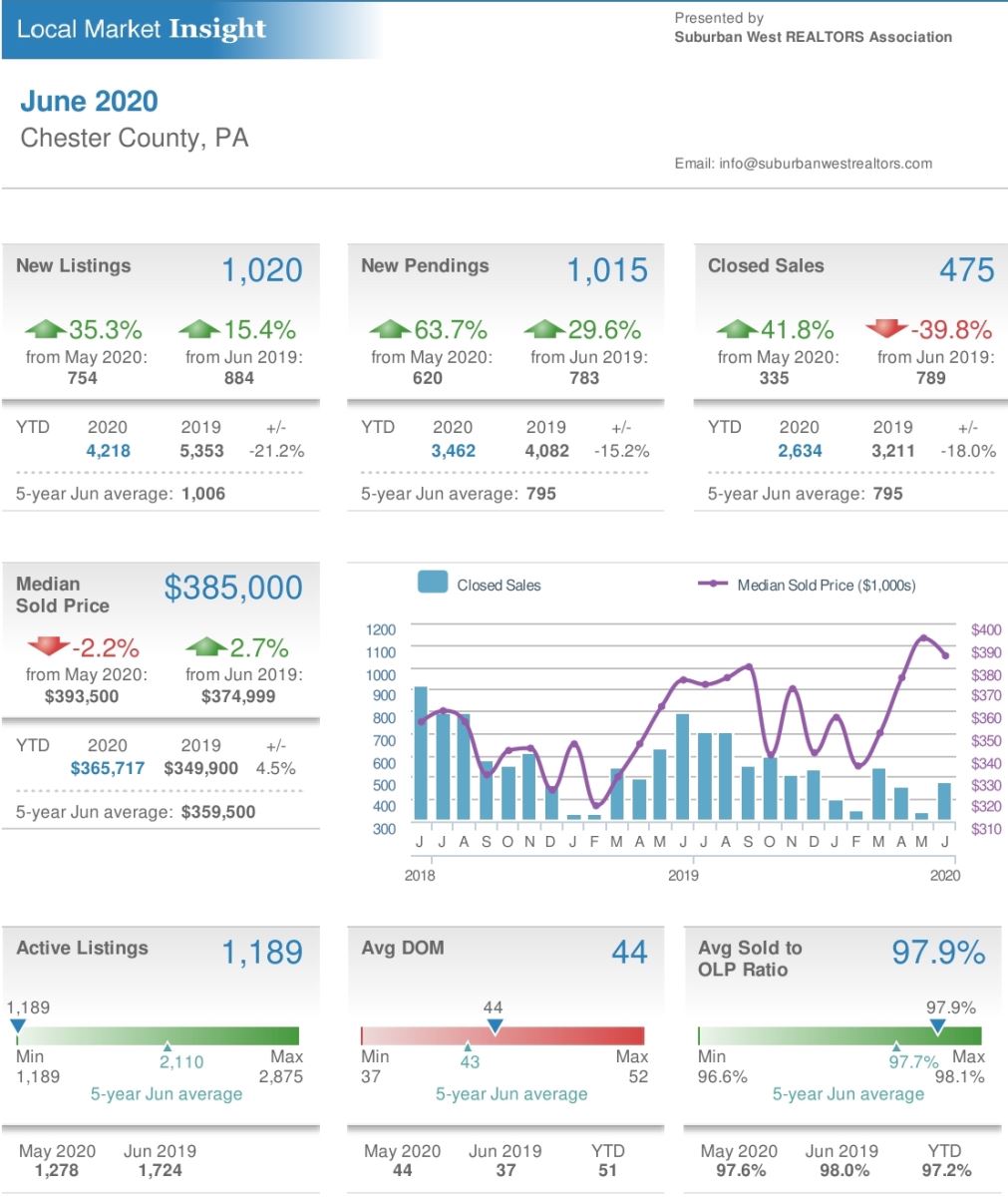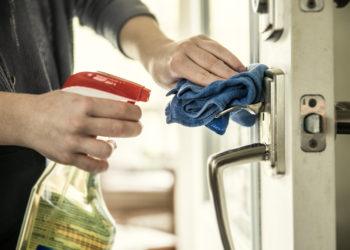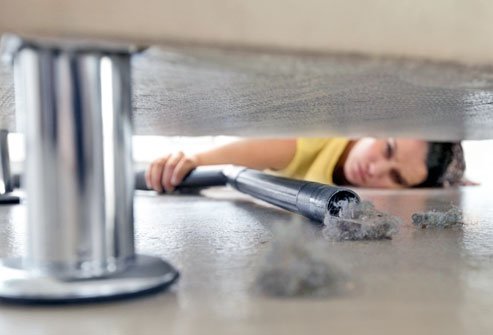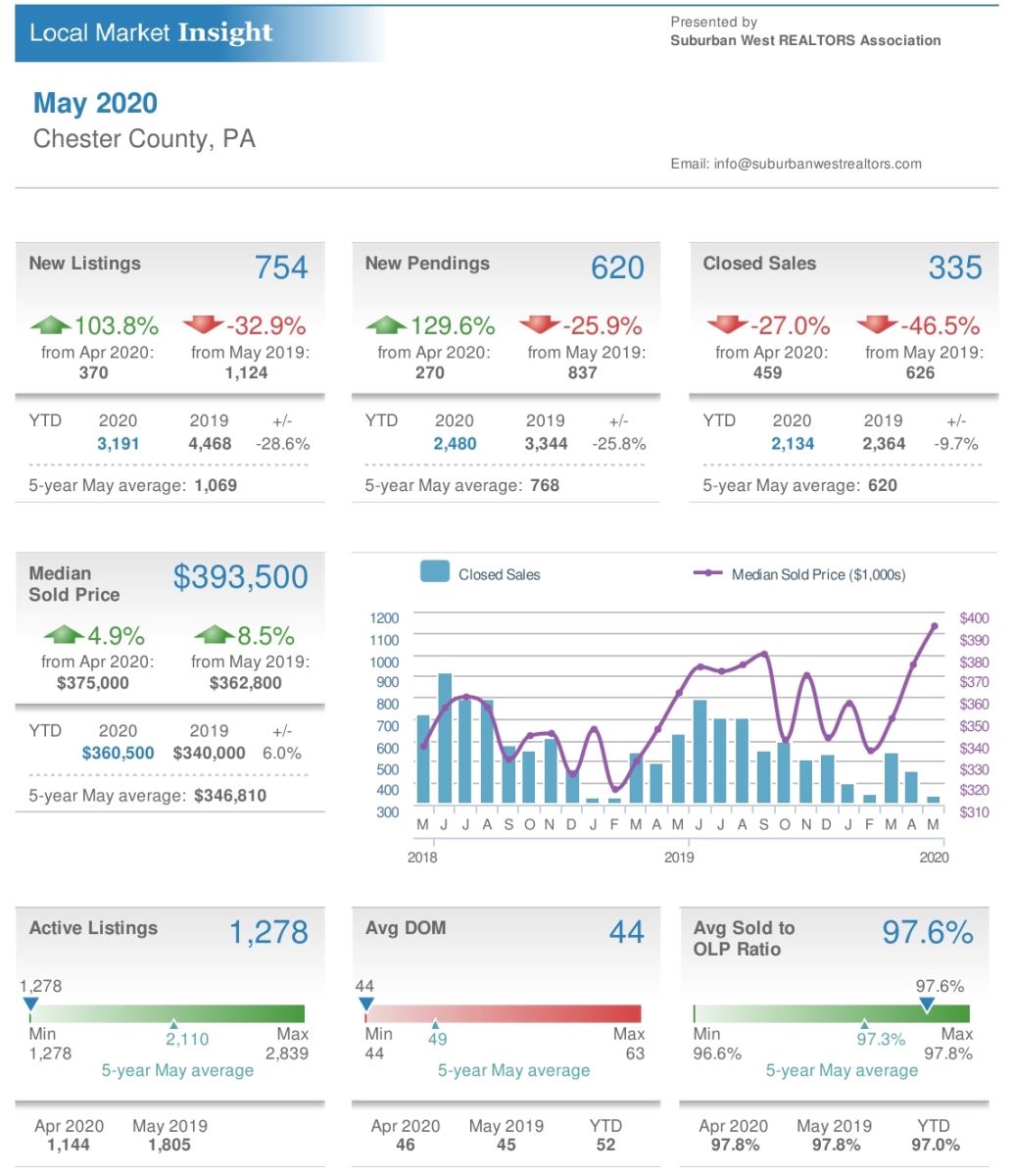What Can Hurt Your Home Sale

House hunters have many expectations when they are looking for a new home. Most sellers usually have made themselves at home, and love many aspects about it, but not all buyers would agree. Do not hurt your home’s sale with these:
-
Nothing shouts “Don’t buy me!” more than an unkempt yard! If nothing else, keep the grass cut and weeds and shrubbery trimmed. Put a bit more effort into it, and put down fresh mulch in the flowerbeds, and add a pot of flowers to the top step.
-
No one wants to walk into a house with plastic storage containers stacked up in each room “hiding” the seller’s clutter. When you declutter, get rid of things, or put them in storage if you cannot part with them. Your rooms will appear larger without a lot of stuff in them.
-
Touring a house that has a grimy stove or mildewed bathtub caulking is a huge turn-off: no one wants to move into a dirty home. If you cannot find the time to clean the house spotless, hire a professional to do it.
-
Natural light is important to most home buyers, so window treatments that block light need to come down, cleaned, and stored for moving. Add sheers, blinds you can open, or pull the shades up completely when you know the house is being shown.
-
Items such as rodent traps or insect baits, should not even be an option for you. If you know you have mice or insects in your home, have them exterminated before you put a sign in your yard.
-
Wall-to-wall carpeting is not as appealing to buyers today as it was in the past. If you can afford it, remove carpeting that is hiding hardwoods and spruce them up. No hardwood? Have the carpets professionally cleaned, and if you really need to sell, offer a new carpet credit to buyers.
-
When you know about a problem and don’t bother to make repairs--think dripping faucets or cracked windows--buyers will not be impressed with your house, and if they’re remotely interested, offers won’t be close to your asking price.
-
Any unpleasant odors will put off most people, and homebuyers will wrinkle their noses as soon as they walk in. Cleaning is important to remove dirt, but you need to clean for odors, too. Follow these tips from realtor.com® for removing any funky smells from your home.
The impression your house makes on potential buyers largely depends on you. Salespeople of all kinds must make a pitch to draw the buyer in, then grab and keep their attention. The effort you put forth will show in the feedback and offers you will receive. In the case of selling your home, sweat the small stuff!
Courtesy of Chester County PA Realtor Scott Darling.
Photo credit: GreenPal






 This infographic is brought to you by the team at
This infographic is brought to you by the team at 





